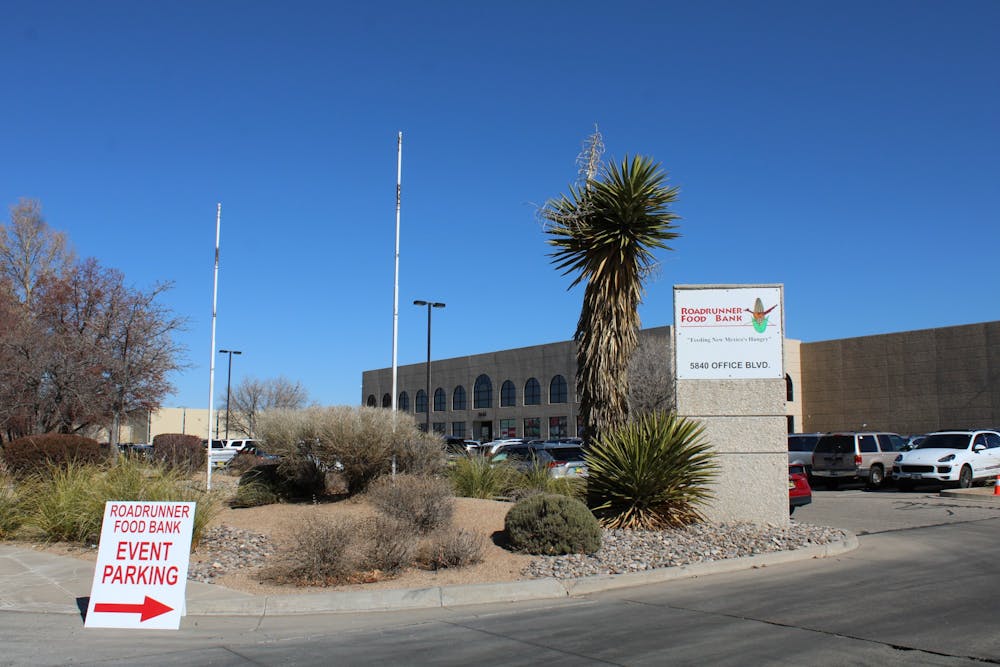EDITORS NOTE: A previous version of this article reported that the survey was available starting on Feb. 1. This has since been updated to reflect that the survey will be made available on Feb. 15.
In 2020, the University of New Mexico Basic Needs Project released a study that revealed that over a third of UNM students were food insecure, and nearly two-fifths were housing insecure. This year, led by principal investigator Sarita Cargas, the team will begin a year-long study that researches these insecurities at a statewide level.
The statewide survey, will go live on Feb. 15, running until March 1. The research teams hope to get a minimum response of 10% of each institution’s population including students, faculty and staff, according to Kiana Frederick, student researcher and project manager.
“We(‘ll) really get a picture of where the state’s at — not only where the students in the state are at, but where the staff and faculty are. We(‘ll definitely get) a more diverse population of people to really understand what plates they have gone through. I mean, the survey will range everything from food and housing to mental health questionnaires,” Frederick said.
The Basic Needs Project, in conjunction with the New Mexico Higher Education Department alongside Governor Lujan Grisham’s Food, Farm and Hunger Initiative, will study the prevalence of basic needs insecurity across 28 of New Mexico’s public colleges and universities, according to the project’s website. The only public college from the state who’s not participating is the Military Institute, according to Frederick.
There are a variety of factors that contribute to housing and food insecurity for students such as loss of scholarships or loss of transportation through outside factors such as theft. These are just a few of the many reasons that the project has found, according to Frederick.
“There's a snowball effect that leads to students being in a situation that overall compromises their success in the classroom,” Frederick said.
Blake Hautzinger, a student ambassador with the project, said that a lot of people may not know they’re food or housing insecure, and that both issues are prevalent in their college community.
“A bunch of these people are actually food insecure, but they just didn't identify as (insecure) because they don't know what it is,” Hautzinger said.
Hautzinger hopes that the survey will educate people on the signs of food and housing insecurity — especially college students, who they feel are an underrepresented community in studies like this.
“We (are) trying to educate people on that essentially, and I think especially through our entire survey, you're gonna get a lot of questions that put you kind of having to self-reflect on your own experiences,” Hautzinger said.
Frederick said that the team used Hope Center studies and the United States Department of Agriculture questionnaires to help formulate their survey. She hopes that after analyzing all the data from each university, they can find solutions to improve food and housing security across the state’s public colleges.
Get content from The Daily Lobo delivered to your inbox
“We're trying to improve access to nutritional food, increase access to affordable housing and overall improve student success,” Frederick said.
The project will release a partial data report on the statewide survey on May 5.
“It's really empowering to actually be able to work on that (the study) and to make that change after learning so much about it,” Hautzinger said.
Annya Loya is the news editor at the Daily Lobo. She can be contacted at news@dailylobo.com or on Twitter @annyaloya






